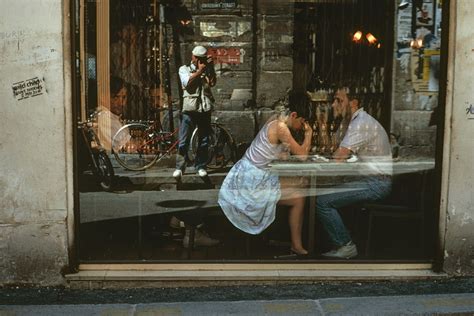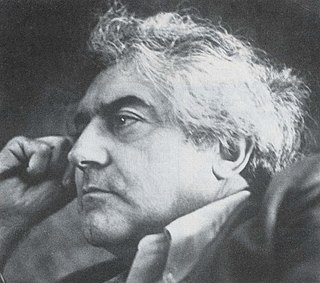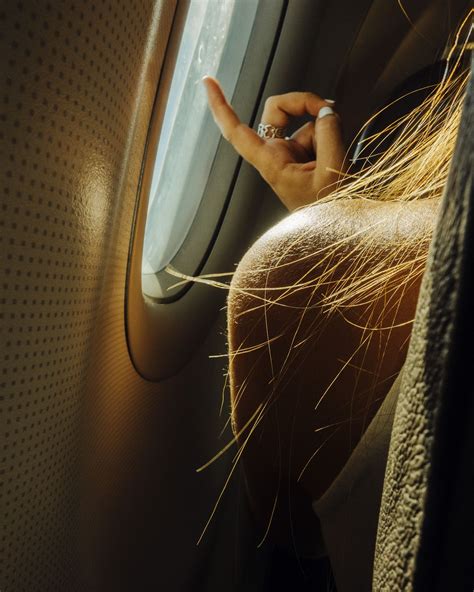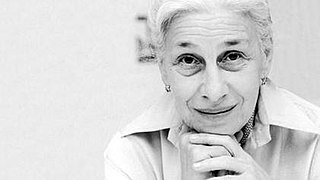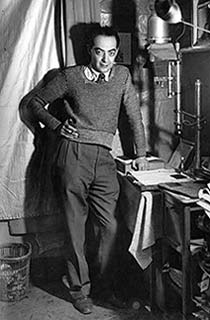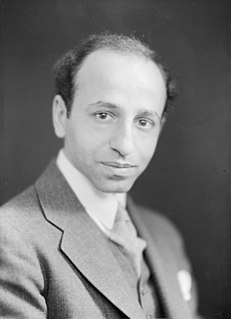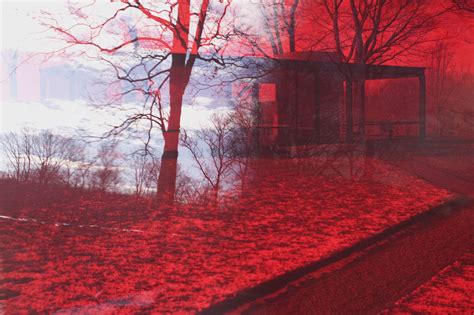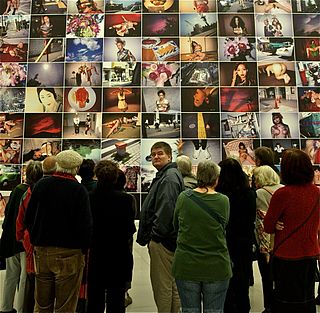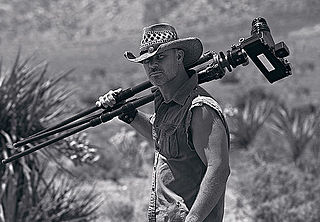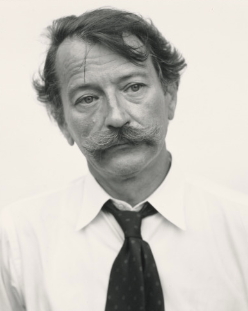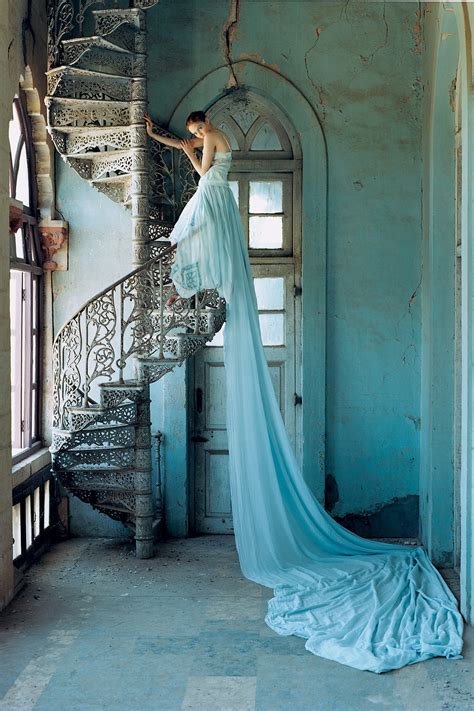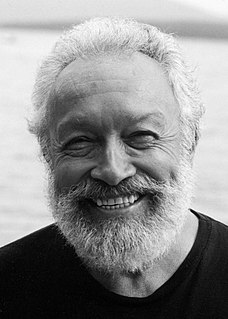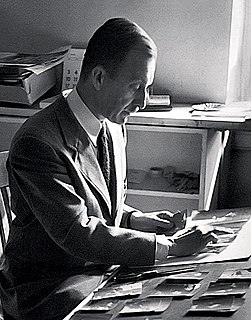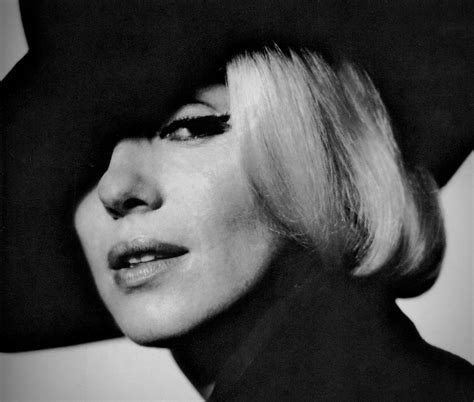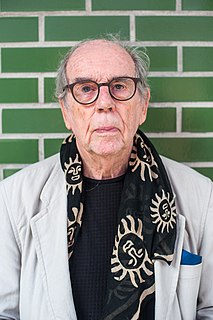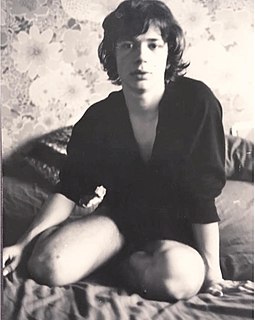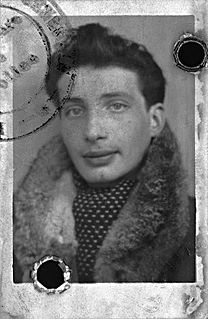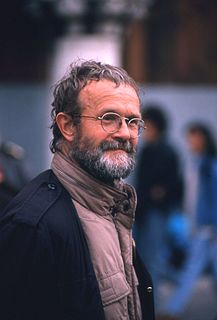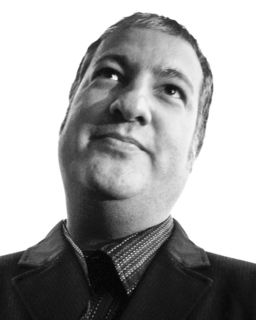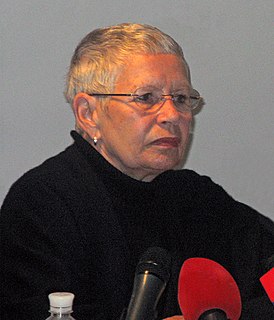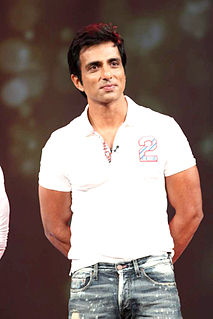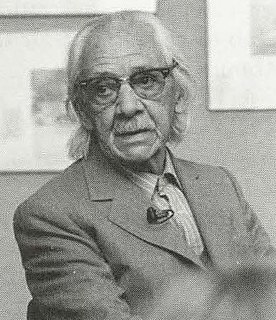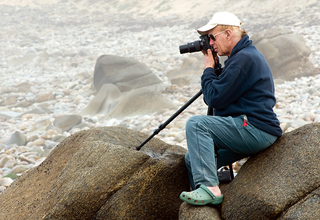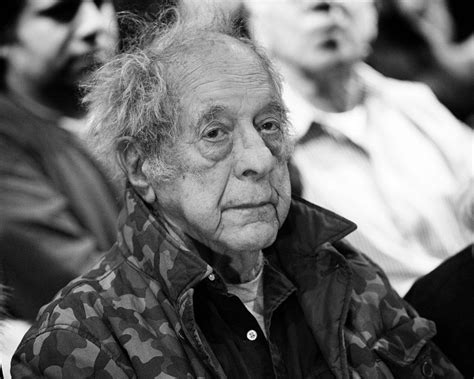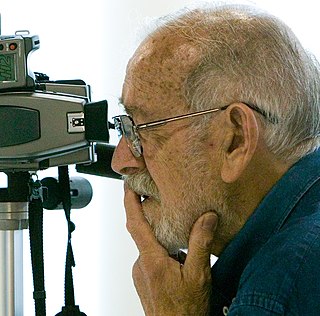Top 995 Photographer Quotes & Sayings
Explore popular Photographer quotes.
Last updated on September 17, 2024.
My Dad took a workshop from a photographer who worked at the Toledo Blade, a newspaper I delivered. I knew this photographer's work. My Dad took a night class from him at the University of Toledo. Without that class, I wouldn't have become a photographer, because my Dad came home and taught me what he learned in class.
There were just moments of the punk scene and I realized that I had to capture it. There was also this photographer in our preschool - I went to a Montessori school in Baltimore, Maryland - and they had this photographer come and take all these incredible photographs. They looked like they were from Life magazine.
Within every man and woman a secret is hidden, and as a photographer it is my task to reveal it if I can. The revelation, if it comes at all, will come in a small fraction of a second with an unconscious gesture, a gleam of the eye, a brief lifting of the mask that all humans wear to conceal their innermost selves from the world. In that fleeting interval of opportunity the photographer must act or lose his prize.
A photograph records both the thing in front of the camera and the conditions of its making... A photograph is also a document of the state of mind of the photographer. And if you were to extend the idea of the set-up photograph beyond just physically setting up the picture, I would argue that the photographer wills the picture into being.
To us, the difference between the #? photographer as an individual eye and the photographer as an objective recorder seems fundamental, the difference often regarded, mistakenly, as separating photography as art from #? photography as document. But both are logical extensions of what photography means: note-taking on, potentially, everything in the world, from every possible angle.
I always feel I had a very lucky life. For example, I sure didn't want to go in the army: when I was drafted in the Korean War, I wanted to go as a photographer. But luckily, they put me in the infantry - luckily because the official photographer was photographing the medal awarding and all the official situations.
Sven Schumann did an interview with photographer Wolfgang Tillmans in Berlin addressing the question: What is photography today when everyone is a photographer? These kinds of questions and answers you find in a magazine, on paper and not on Instagram. For me this is the essence of a magazine - it's questioning what's going on today and celebrating true creativity without compromise.
One view of photography is that it is a zen-like act which captures reality with its pants down - so that the vital click shows the anatomy bare. In this, the photographer is invisible but essential. A computer releasing the shutter would always miss the special moment that the human sensibility can register. For this work, the photographer's instinct is his aid, his personality a hindrance.
I think that the photographer must completely control his picture and bring to it all his personality, and in this area most photographs never transcend being just snapshots. When a great photographer does infuse the snapshot with his personality and vision, it can be transformed into something truly moving and beautiful.
A photographer is a witness. He has a moral duty. Every picture must be true and honest. I believe a photographer's strength is his ability to accurately record reality. There are photographers who think they are lucky if they find unusual or special subject. But it is never the subject that is so marvelous. It is how alive and real the photographer can make it.
I used to live in a hostel with Bihari roommates. They used to be very excited about getting their pictures clicked, and since there weren't any mobile phones back then, they used to have a photographer accompany them everywhere. Thus, my character's personality and the photographer were incorporated into 'Dabangg.'
I was fooling around one day and looking at Yahoo! Jobs. I typed in "photo" and, of course, what comes up is "One hour photo lab" or "Be a photographer in Disneyland" or jobs that no one really wants as a photographer. I saw, by chance, this ad that said, "Wanted: Photographer for premieres and Hollywood events" and I thought, "This can not be real. This is ridiculous. No one advertizes this!" I was really suspect about it.
My teacher introduced me to this photographer Eugène Atget. He was a French photographer in the late 1800s up until 1927 in Paris. He didn't consider himself an artist, but he was probably one of the artists of the 20th century. This guy documented all of Paris during those years. It's unbelievable. The books are phenomenal. The Museum of Modern Art has all his stuff now and [American photographer] Berenice Abbott saved his work. Not very much is known about his life, but the work is unreal and it totally spoke to me. He was the only artist for a number of years that I cared about at all.
Sometimes a photographer is a passenger, sometimes a person who stays in one place. What he watches changes constantly, but his watching never changes. He doesn't examine like a doctor, defend like a lawyer, analyze like a scholar, support like a priest, make people laugh like a comedian, or intoxicate like a singer. He only watches. This is enough. No, this is all I can do. All a photographer can do is watch. Therefore, a photographer has to watch all the time. He must face the object and make his entire body an eye. A photographer is someone who wagers everything on seeing.
The images which the [press] photographer has filtered from reality, whether particular events or the anguish of human reactions to them, already bear a stamp of authenticity which the photographer is powerless to alter by one jot or tittle; the meaning of the objects, by a process of purification, itself becomes the theme of the work.

